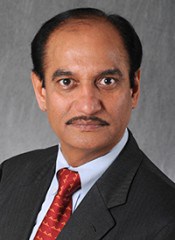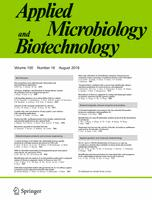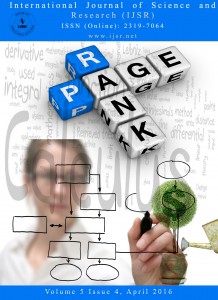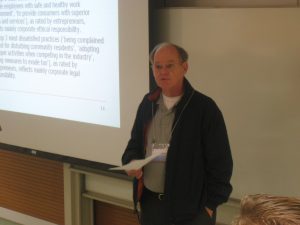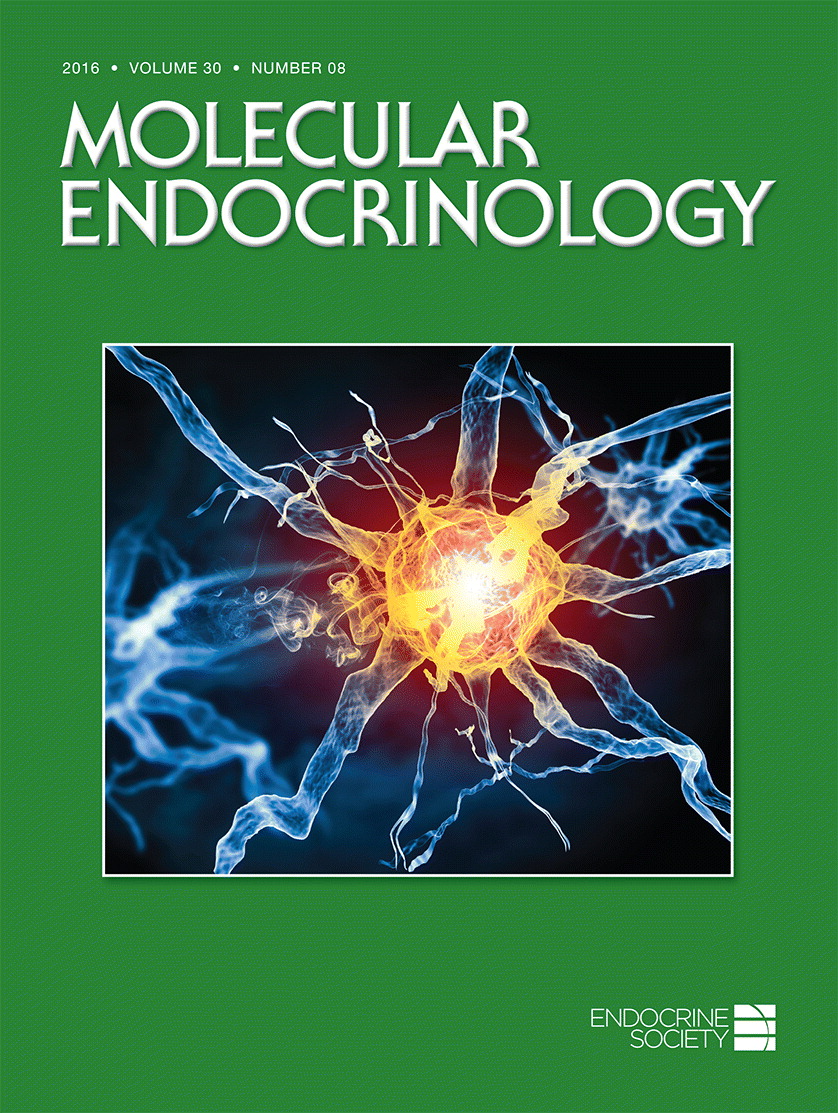 A research fellow at Harvard Medical School whose PhD was revoked last month is no longer working in his former lab, Retraction Watch has learned.
A research fellow at Harvard Medical School whose PhD was revoked last month is no longer working in his former lab, Retraction Watch has learned.
An archived version of the lab site for Alfred Goldberg from December, 2015, lists Sudarsanareddy Lokireddy as a postdoctoral fellow; however, Goldberg’s current lab site doesn’t include Lokireddy as a lab member.
We contacted Goldberg’s lab, and he was unavailable for comment. We were told all of his lab members are on the current website.
Lokireddy has also logged his sixth retraction. But this case isn’t as straightforward as it seems.
Continue reading Researcher whose PhD was revoked is no longer at Harvard lab
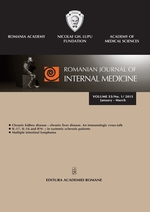
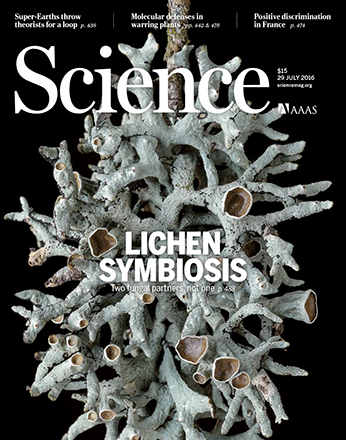 Science is considering adding an expression of concern (EOC) to a June paper that
Science is considering adding an expression of concern (EOC) to a June paper that  A journal has retracted a paper for a somewhat unusual reason — and swapped the article with an entirely new paper by different authors.
A journal has retracted a paper for a somewhat unusual reason — and swapped the article with an entirely new paper by different authors.